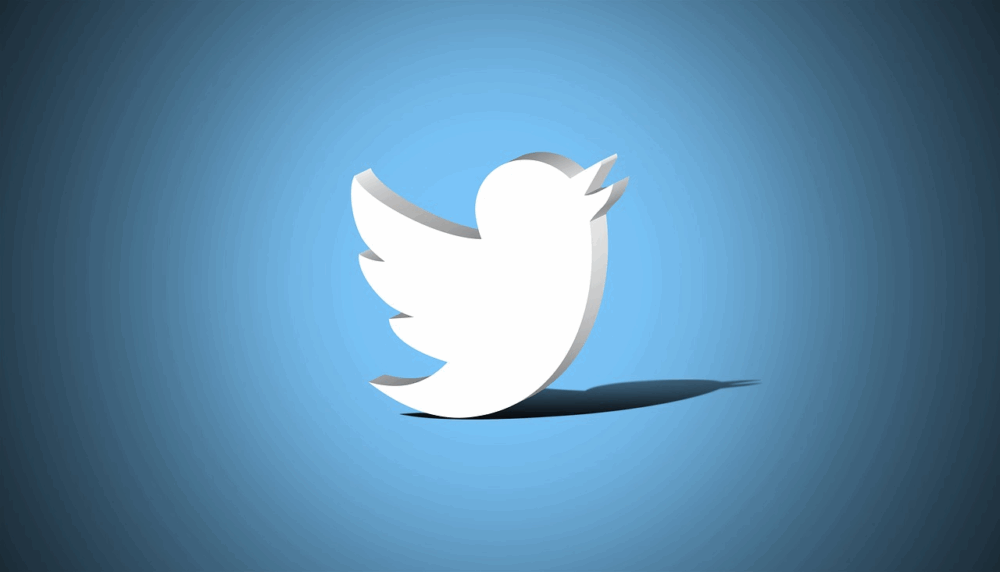Twitter Slowdown Partially Lifted in Russia, but Facebook and YouTube May Be Next
Starting March 10, 2021, Twitter’s operation in Russia was slowed down by 100% on mobile devices and by 50% on desktop devices by order of Roskomnadzor, the Russian federal communications agency. According to the agency, this was due to Twitter’s alleged failure to remove content “inciting minors to commit suicide, containing child pornography, and information about drug use” from 2017 to the present.
As reported in April, the social network removed about 1,900 out of 3,100 materials banned in Russia, including child pornography, pro-drug, and suicide-related content. As a result, the agency decided not to proceed with the next step—completely blocking the social network in the country—and instead extended the slowdown until May 15, 2021.
On May 17, 2021, Roskomnadzor announced that the slowdown would be partially lifted. The agency’s statement said, “Twitter moderators have removed over 91% of prohibited information. As of now, out of 5,900 materials identified by the agency, 563 posts containing child pornography, drug-related and suicide content, calls for minors to participate in unauthorized mass events, as well as extremist and other materials banned in Russia, remain undeleted.”
“Twitter’s management sent a letter to Roskomnadzor confirming that they fully support the agency’s actions to combat socially dangerous content and will take all necessary measures to remove it. The social network’s management expressed readiness and interest in building a constructive dialogue with Roskomnadzor. Twitter’s administration asked not to block the platform and to lift the current restrictions on its operation.”
As a result, the decision was made not to block Twitter and to “lift access restrictions on fixed networks (and related Wi-Fi networks), while maintaining the slowdown of Twitter traffic on mobile devices.” The agency emphasized that for all restrictions to be lifted, the social network must remove the prohibited materials and “bring its response times to agency requests in line with Russian regulations (no later than 24 hours after receiving a request).”
Following this news, a post appeared in the Telegram channel “ZaTelekom,” run by Mikhail Klimarev, head of the Internet Protection Society, in which Klimarev claimed that Twitter did not actually remove “what Roskomnadzor wanted.”
“There will now be a lot of noise that Twitter ‘gave in and deleted everything.’ The loudest will be those who get paid for tweets, of course. But I have a precise answer: Twitter did not delete ‘what Roskomnadzor wanted.’ Proof. There was definitely a complaint from Roskomnadzor about this tweet. But you can see for yourself that the tweet is still there.”
Meanwhile, Roskomnadzor summarized, “Currently, there have been cases of illegal materials being posted on other online platforms, including FacebookFacebook launched an official Tor mirror in 2014, becoming the first major tech company to provide direct access through onion routing. The mirror allows users to bypass censorship, secure their connections, and avoid phishing risks while using the platform. This step also underscored Facebook’s recognition of free expression and inspired other outlets like the BBC and ProPublica to create their own Tor versions. More and YouTube. If these platforms do not take appropriate measures, similar sanctions may be applied to them.”



